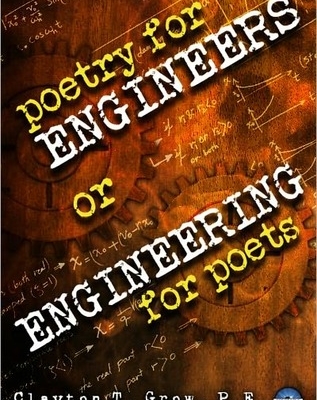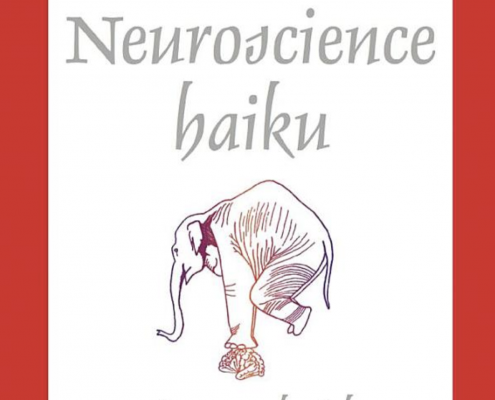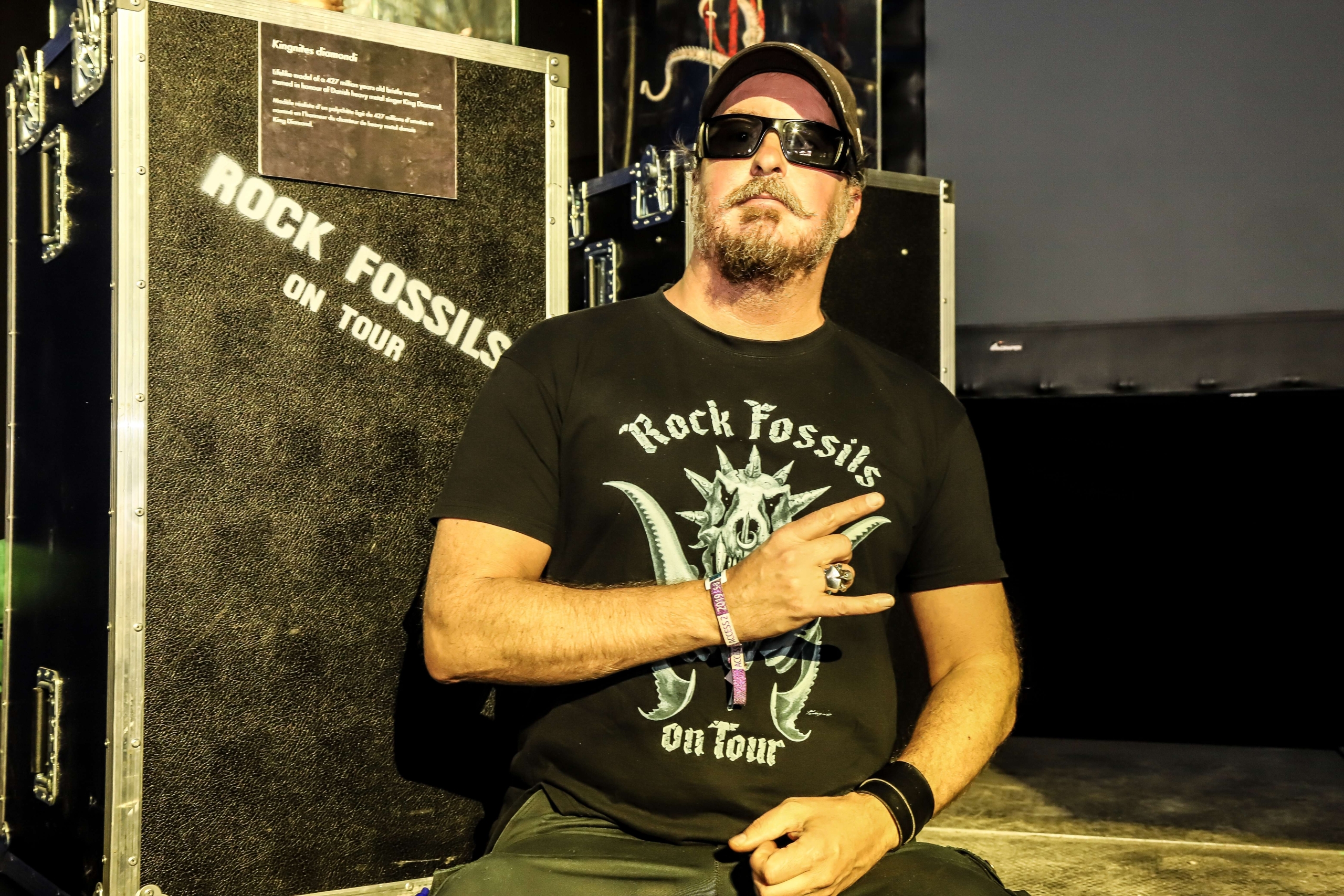Crastina is a platform for the exchange of experience, knowledge and inspiration regarding both scientific peer-to-peer communication and science dissemination
- What? An international network of (mostly young) people who love to communicate science & tech.
- Why? We think science needs to be communicated with more passion and professionalism.
- Where? On our website with interviews & resources + on social media + on Skype and IRL.
- Who? A content group (the Crew), a think tank (the Academy), + lots of friends & contacts.
- When? Right now – as a matter of fact, we’ve just geared up.

Writing Poetry for Engineers – Behind the Scenes
Clayton Grow, currently a business intelligence manager at Time of Grace Ministry, earned his bachelor's degree in Civil engineering and went on to get a master's degree in Business Administration. In 2012, he published his collection of poems,…

The Little Book of Neuroscience Haiku – an educational book about the brain
Dr. Eric Chudler, a neuroscientist from the University of Washington, has been engaged in outreach activities for many years, targeting adults, students, and children. His Little Book of Neuroscience Haiku represents a unique way of conveying…

Science to Poetry and Back – a reflection by Ushashi Basu
More often than not, the words “science” and “poetry” in the same sentence are met with a look of disapproval. To the thought process among most, the convergence of these two vastly different fields seems rather unfathomable. And unfortunately,…


















